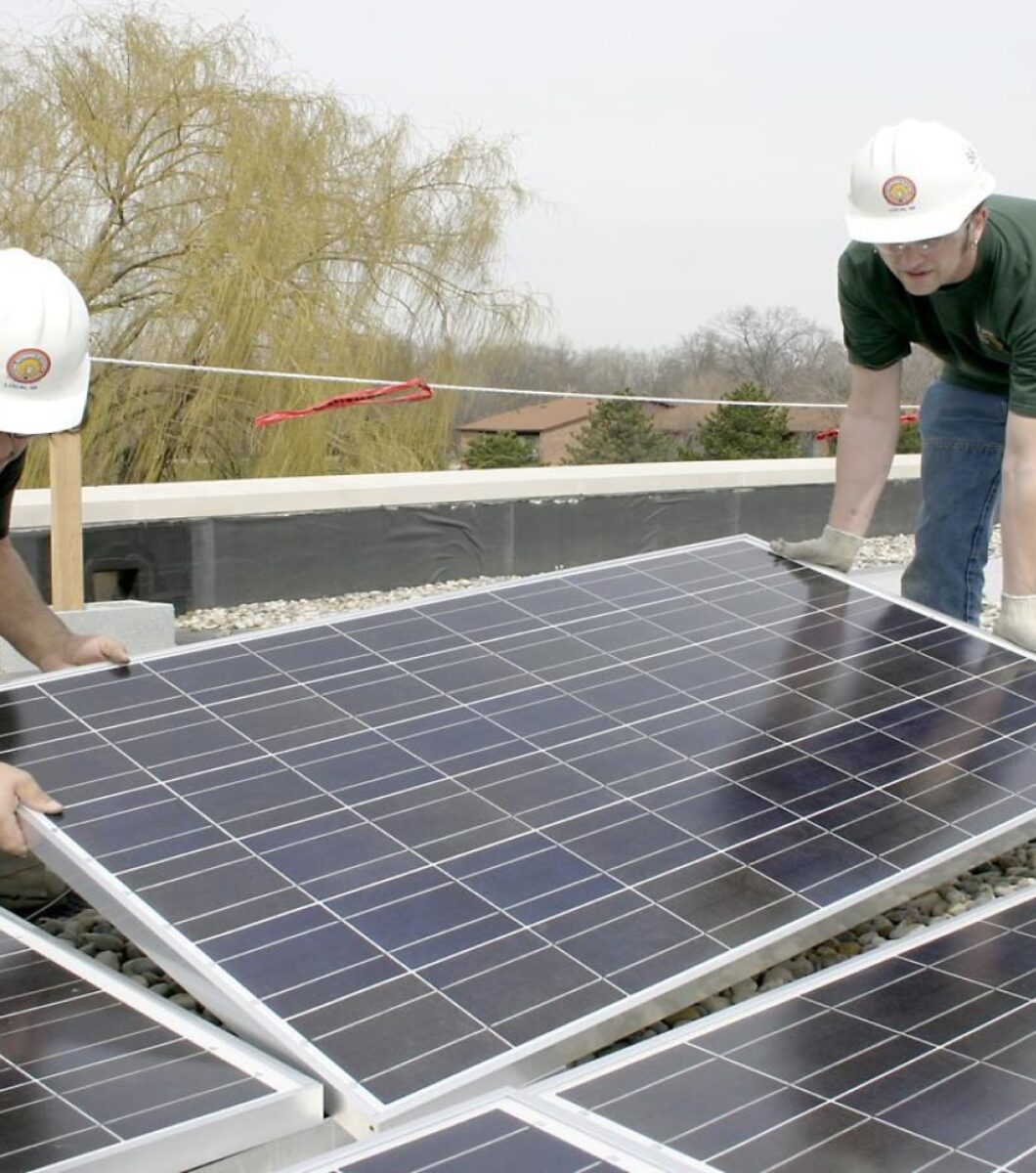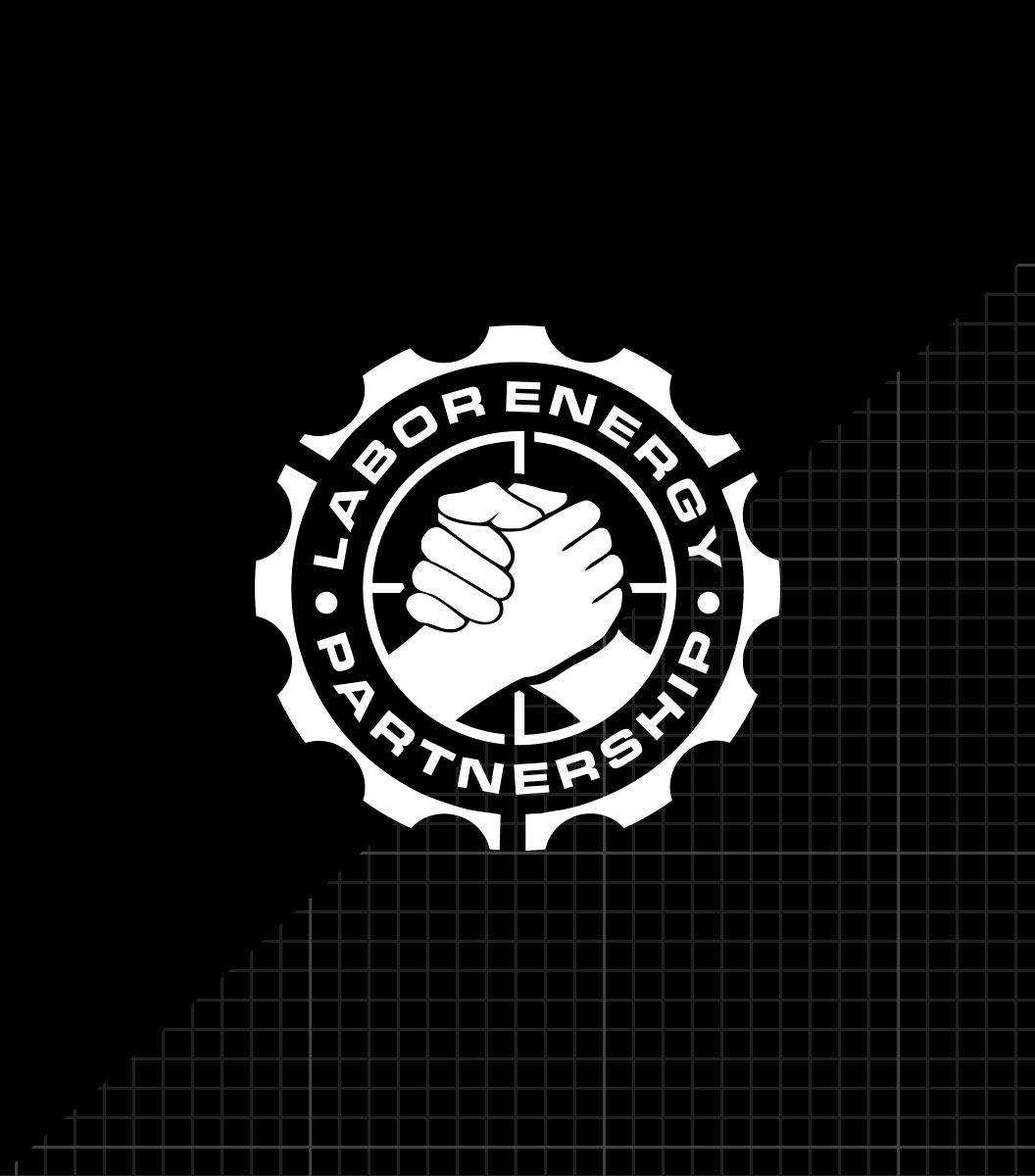AFL-CIO EXECUTIVE COUNCIL STATEMENT
Originally posted on the AFL-CIO site.
For years, the Chinese government has carried out a systematic and widespread campaign to detain and persecute millions of Uyghurs and other Turkic and Muslim people in the Xinjiang Uyghur Autonomous Region (XUAR). Ongoing and overwhelming reports demonstrate the government’s mass detention, torture, forced labor and cultural persecution of Turkic Muslims amount to crimes against humanity. The AFL-CIO remains particularly concerned by the government’s systemic use of forced labor, which is known to pervade the global solar energy industry. The sector’s dependence on China for primary materials and manufacturing makes it particularly vulnerable to forced labor in the XUAR.
We understand there is no time to waste in addressing the climate crisis, which already has negatively impacted workers and our communities in the United States and around the world, and will continue to do so.
AFL-CIO Executive Council
We understand there is no time to waste in addressing the climate crisis, which already has negatively impacted workers and our communities in the United States and around the world, and will continue to do so. At the same time, we do not believe that we need to accept false choices between protecting our common future and protecting the human rights of workers wherever we may be. We can and must do both.
The AFL-CIO is calling on the Biden administration to take the commonsense actions needed to ensure the United States establishes a domestic solar manufacturing industry that exemplifies our commitment to a worker-centered, clean energy economy. The solar industry, and its entire value chain, should exemplify how the United States meets the climate, equity and economic challenges of the 21st century. There is much to be done.
This must begin with trade policy—and a commitment to maintain, strengthen and expand the withhold release order (WRO) applied to solar products produced in whole or in part with forced labor. There is no legitimate place in the global trading system for such goods. Corporations should not be allowed to profit from this egregious exploitation, and working people in the United States must never be subject to competition with companies that use forced labor as part of their production model. This is a minimum requirement of worker-centered trade policy, and there can be no equivocation on this point.
These problems are well understood. With the release by the Solar Energy Industries Association of a call to action and a due diligence protocol, the solar industry acknowledges the need to address forced labor and other problems in its industry. The Department of Energy recently released a Solar Futures Study that gingerly points out that “[m]ost solar materials mining (primarily silicon) and parts manufacturing (modules, inverters) occur in countries with less rigorous environmental and labor standards than the United States.” The report also makes a strong case that we can and must significantly increase our deployment of solar technologies to successfully decarbonize our economy.
The policy choices made in pursuit of that goal will play a large part in determining whether the clean energy economy can indeed support a more prosperous and less unequal economy than we have now. The record to date is not encouraging. Success will require a complex set of climate, technology, trade, economic and industrial policies. The pro-worker, pro-union orientation of the Biden administration is the essential predicate for all these policies, and the WRO ensures the industry will not use forced labor in its production and provides the foundation that makes success in other areas possible. We look forward to working with the administration and our allies to fulfill the promise of a clean, healthy, equitable and prosperous economy.


